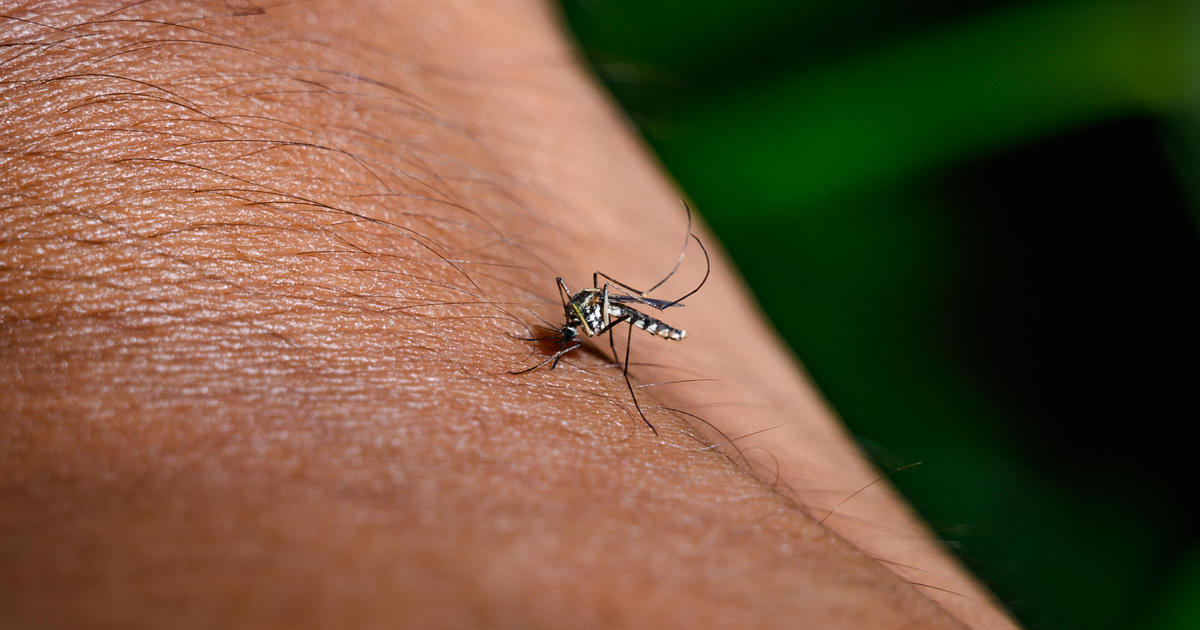More cases of mosquito-borne diseases — including West Nile virus and eastern equine encephalitis — are being reported in the U.S., prompting questions about where exactly the illnesses have been detected.
Eastern equine encephalitis, also called EEE or Triple E, is a rare but potentially deadly virus that is typically spread by mosquitoes in certain swampy areas, including red maple and white cedar swamps in Massachusetts. Experts think horses may be a host animal of the virus, hence the word “equine” in the name.
Last month, a 41-year-old New Hampshire man, who was was healthy and had no underlying conditions, died of the virus. Now another man from the state is fighting for his life after testing positive for EEE and two other mosquito-borne viruses, West Nile and St. Louis encephalitis.
The CDC and state health departments are tracking cases of EEE, as seen in the map below. New cases will appear on the map above after being reported to the CDC, but there may be some delays; the CDC says it updates its data every one to two weeks between June and December.
Health officials are also tracking cases of West Nile virus, the leading cause of mosquito-borne disease in the continental U.S.
While it spreads during mosquito season in the summer and fall, experts warn a warming climate means mosquito season is getting longer, prompting greater potential for the spread of disease.
Dr. Anthony Fauci, the former director of the National Institute of Allergy and Infectious Diseases who headed up the federal response to the coronavirus pandemic, recently made headlines when he was hospitalized with West Nile. Last month he told CBS News he was home from the hospital and expected to make a full recovery.
The map below shows states with reported cases of West Nile virus in 2024. As with the EEE map, there may be some delays before the latest cases are added, with the CDC updating every one to two weeks between June and December.
How to protect against mosquito-borne diseases
Mosquitoes can also spread other illnesses, including dengue fever, which has been found in Puerto Rico, Florida and the U.S. Virgin Islands this year, and the Oropouche virus or “sloth fever,” which some travelers recently contracted in Cuba.
The best way to avoid getting sick from mosquitoes to avoid getting bitten in the first place.
To reduce your risk, experts suggest:
- Using insect repellent
- Wearing long-sleeved shirts and long pants
- Wearing clothing and outdoor gear treated with permethrin
- Staying indoors when mosquitoes are most plentiful, typically around dawn and dusk
- Draining standing water, where mosquitoes can breed and multiply
Protecting yourself is especially important for people who are more at risk, said CBS News chief medical correspondent Dr. Jon LaPook, including the elderly and those immunocompromised.
